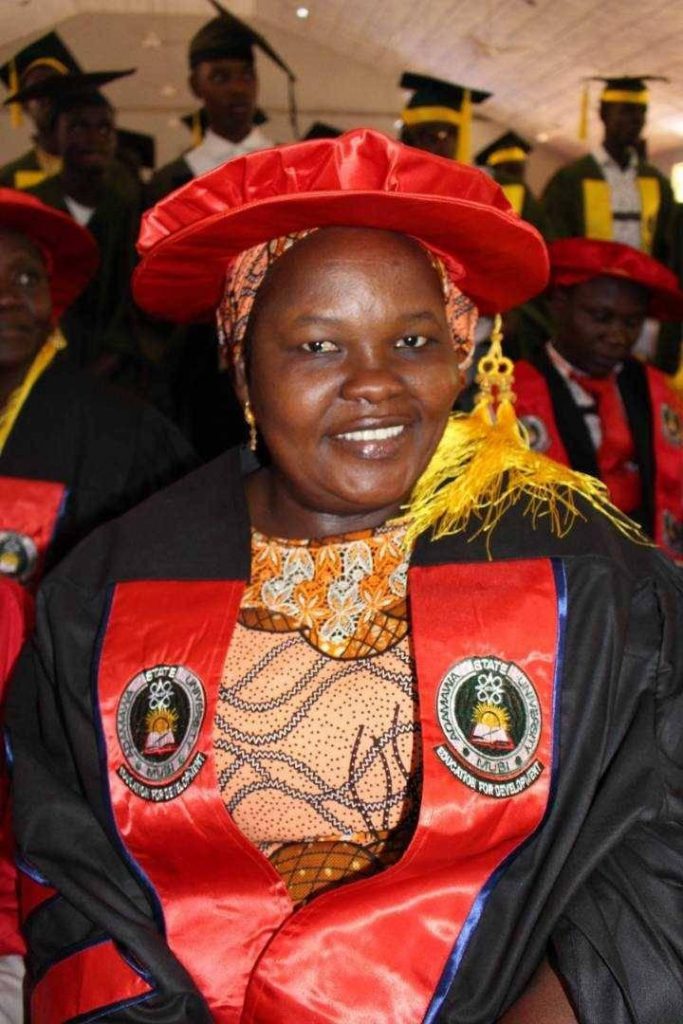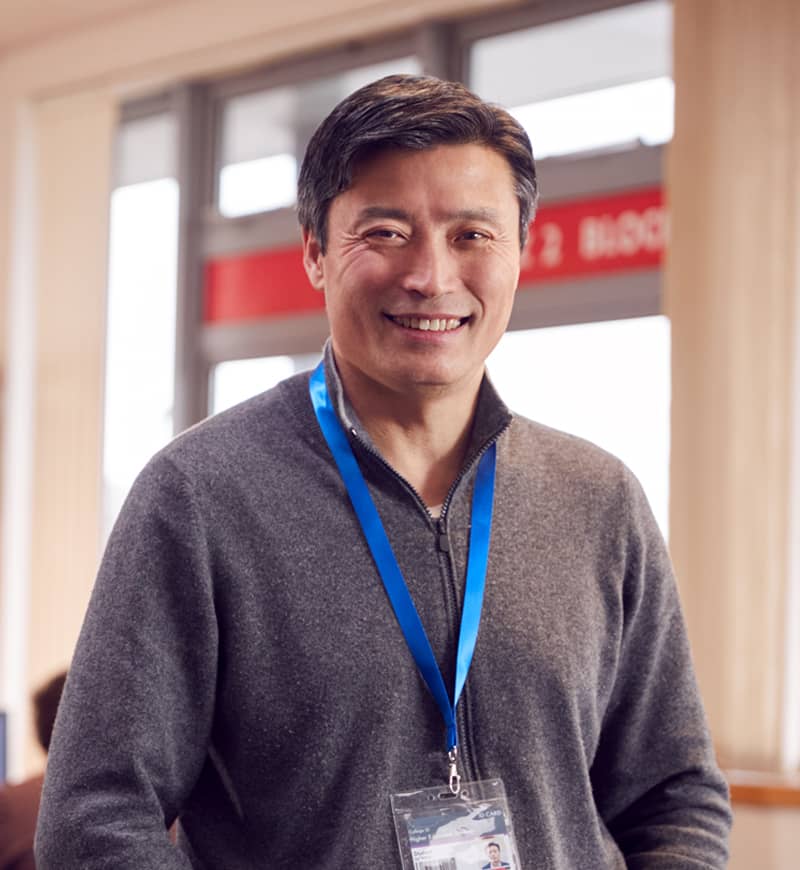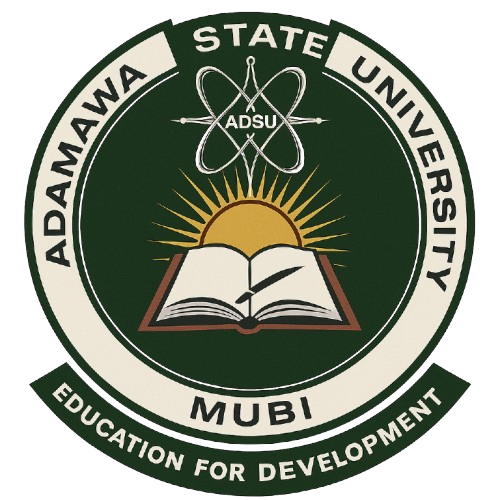Page SIWES Unit
Students Industrial Work Experience Scheme (SIWES)
Introduction
The Students Industrial Work Experience Scheme (SIWES) is a pivotal skills training program initiated in 1973 by the Industrial Training Fund (ITF) to bridge the gap between theoretical knowledge and practical application for students in Nigerian tertiary institutions. At Adamawa State University, Mubi, SIWES is integral to our academic curriculum, providing students with invaluable exposure to real-world industrial environments.
The Unit believes in the provision of highly qualitative service delivery through:
- Highly prepared students that can deliver quality service to the assigned organizations.
- Maintenance of very strong interface with competitive demands at the national and global economy.
- Maintenance of best practices to ensure that government’s best intentions for development is achieved in propelling the country into an industrial nation.
- Advancing the development of well motivated high caliber of graduands for the services of the nation.
Objectives of SIWES
The SIWES program aims to:
Provide students with practical industrial skills and experience relevant to their field of study.
Expose students to work methods and techniques in handling equipment and machinery not available in their institutions.
Facilitate the transition from academic learning to professional employment, enhancing students’ readiness for the workforce.
Strengthen the collaboration between educational institutions and industries, ensuring a cohesive approach to skill development.
Supervision and Evaluation
SIWES is a tripartite program involving students, tertiary institutions, and industry employers. At Adamawa State University, the program is coordinated by the SIWES Directorate, which oversees the placement, supervision, and evaluation of students during their industrial attachment.Students enrolled in programs that require industrial training as part of their curriculum are eligible to participate in SIWES. This includes disciplines such as Engineering, Sciences, Agriculture, and Technology.
The SIWES Directorate assists students in securing placements in relevant industries and organizations. Students are encouraged to actively seek opportunities that align with their field of study, with guidance and support provided by the university. During the industrial attachment, students are supervised by both industry professionals and university lecturers. Regular assessments are conducted to evaluate the students’ performance, and a comprehensive report is submitted upon completion of the program
Functions Of The University SIWES Unit
Specifically, the Unit is saddled with the following responsibilities:
- Organize regular orientation programme in collaboration with the ITF Zonal Office, Yola for both staff on IT supervision and students.
- Prepare master and placement lists of IT students for processing by the NUC and ITF Headquarters, Jos.
- Prepare schedule and ensure the visitation of staff on supervision to students on attachment assigned to them.
- Attend to staff and students with difficulties during IT attachment.
- Ensure regular Departmental Coordinators’/SIWES Committee meetings.
- Ensure regular attendance to the quarterly Zonal SIWES Coordinators’ meetings.
- Ensure the process of staff and students e-payments of allowances.
- Ensure Students return their log-books and forms 8 for onward submission to the Zonal Area Office, Yola.
- Fostering closer links between the University and industries and
- Other related issues.
Benefits of SIWES
- Enhanced Practical Skills
Students gain hands-on experience, improving their technical competencies.
- Industry Exposure
Direct interaction with industry practices and professionals.
- Improved Employability
Practical experience increases job readiness and marketability.
- Professional Networking
Opportunities to build relationships with potential employers.
Meet the SIWES Coordination Team

Dr. Jimjel G. Wycliffe
Coordinator SIWES

Mr. Bashir Hammangabdo
Deputy Director

Mr. Mohammed Sali
Planning Officer

Mr. Audu Male
Confidential Secretary

